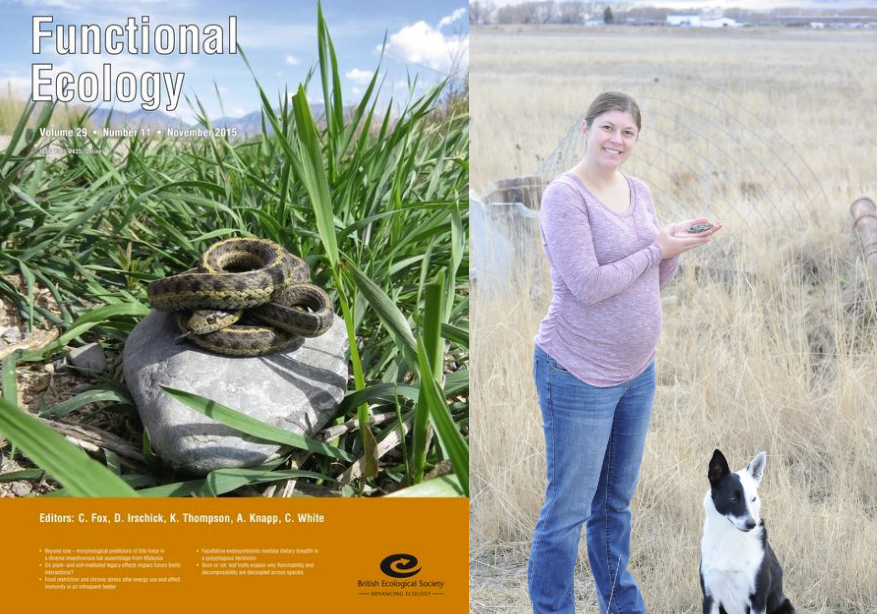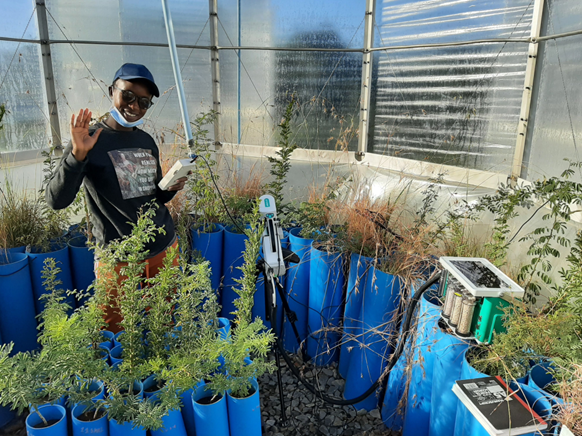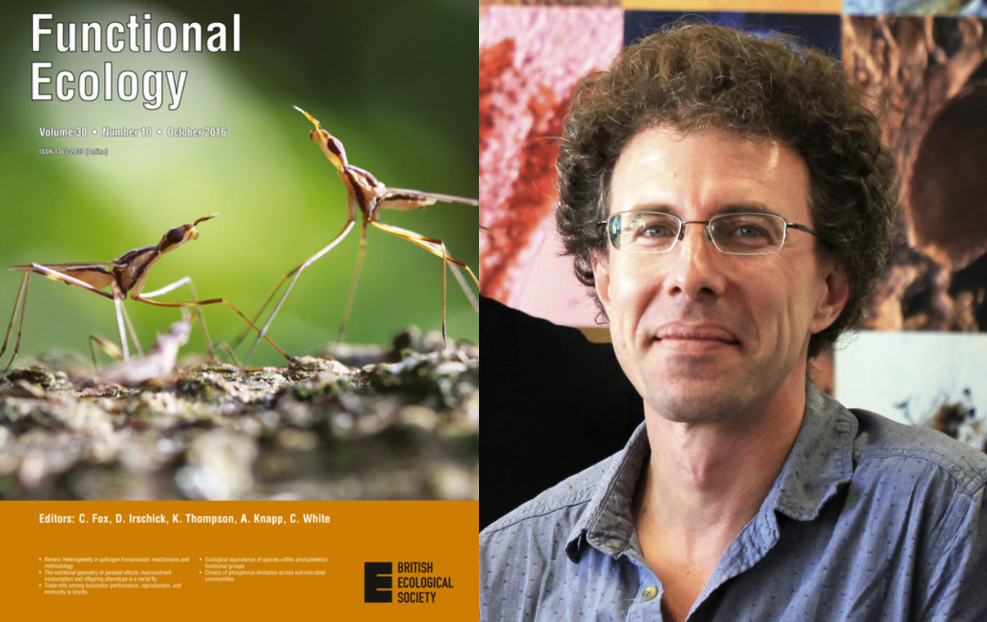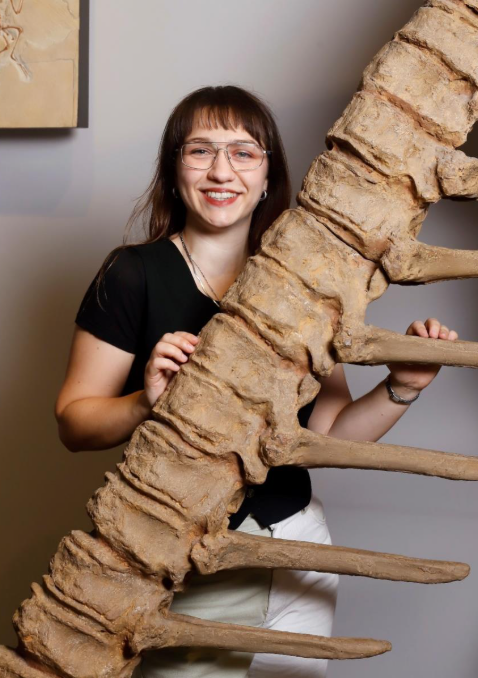Above the Arctic Circle – fieldwork in Canada’s far north
Over the course of my veterinary research career, I have had the privilege of visiting and working in many beautiful and fascinating places. Much of this has been in tropical locations, such as Guatemala, the Philippines, Tanzania and Thailand. Compared with my native Canada and my adopted home of Scotland, these countries represent a taste of the exotic – from colourful landscapes, to […]
https://naturallyspeaking.blog..../2025/12/02/above-th
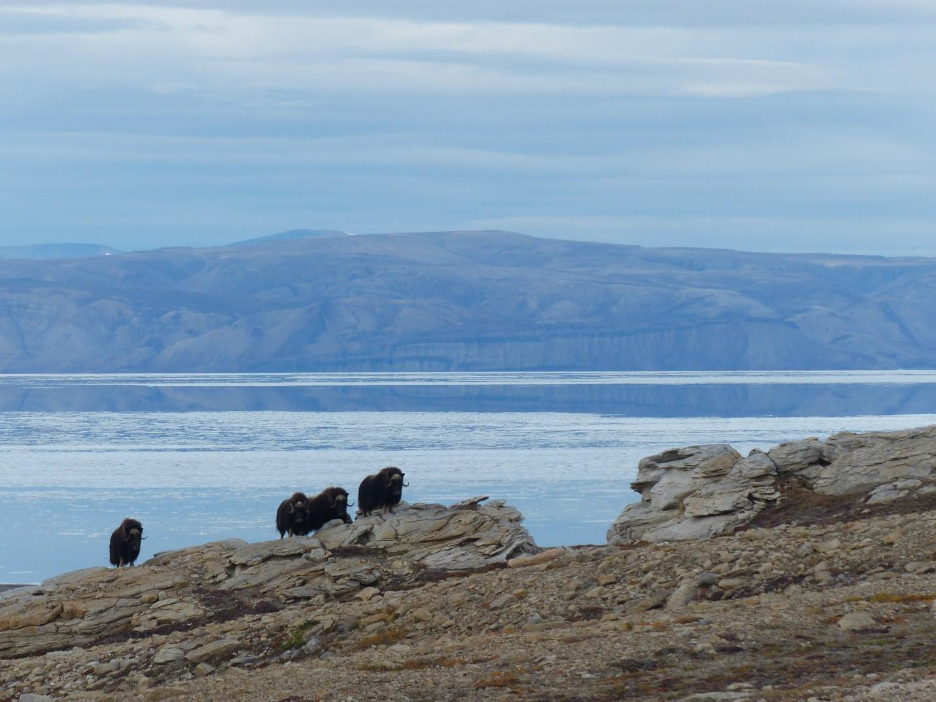
Discover the world at Altruu, The Discovery Engine


